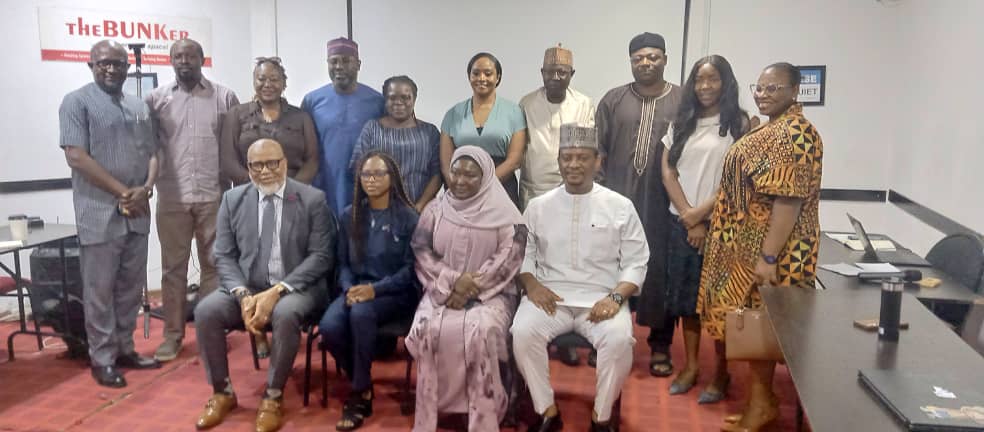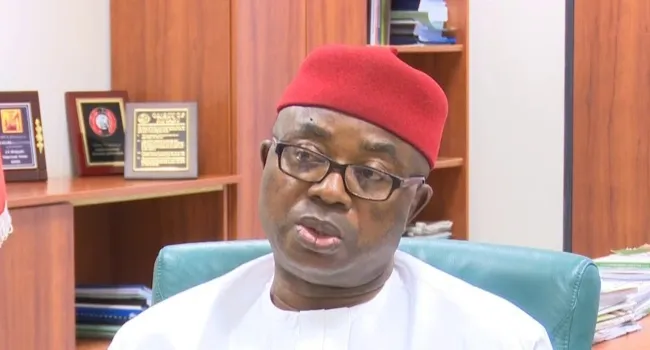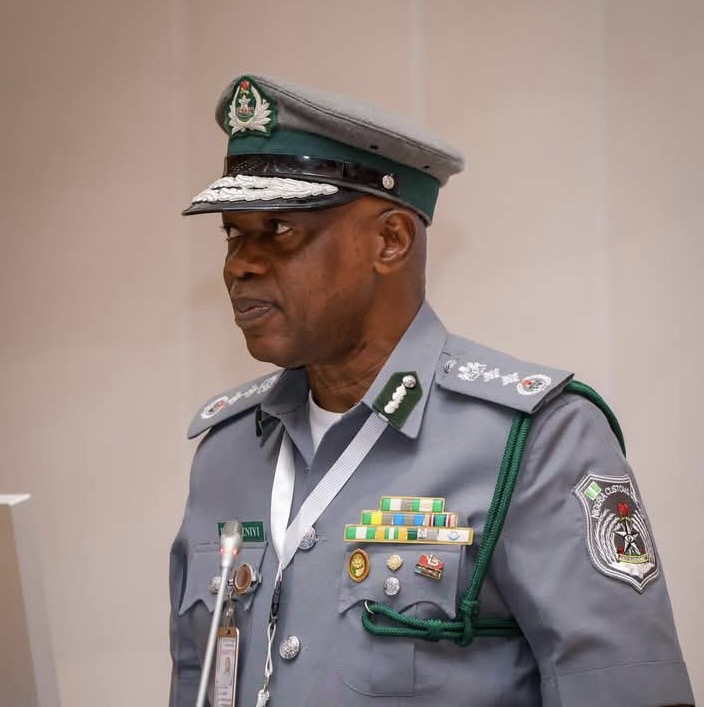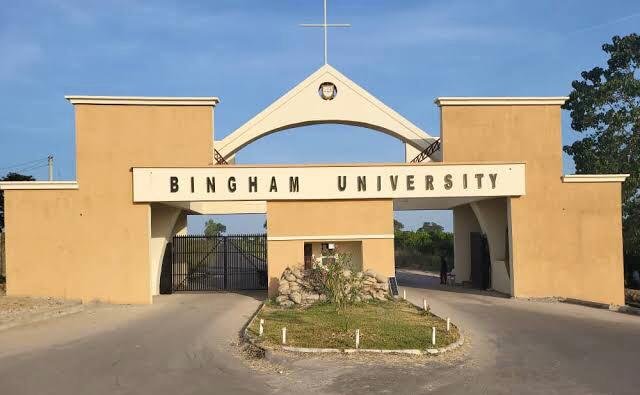337 total views today
By Blessing Ibegbu
Prof. Haruna Ayuba, Vice-Chancellor of Bingham University, Karu, Nasarawa State, has called on scholars to play a vital role in encouraging interdisciplinary research, dialogue and collaborations to address the root cause of conflicts.
Ayuba made the call at the maiden International Conference on ‘Political Instability and Crisis of Development in Africa (PICDA) on Friday in Karu.
The theme of the conference is: “Cultural Pluralism, Conflict, Crisis of Integration and Development in Africa.”
The conference was organised by the Department of Political Science of the university.
Ayuba said that the conference was aimed at addressing political instability and the crisis of development on the African continent.
According to him, the theme underscored the intricate dynamics of our continent’s diversity, as well as the need for inclusive strategies that foster unity, peace and sustainable development.
He said the time was ripe for every individual to work together to develop homegrown solutions to Africa’s challenges.
“In terms of cultural pluralism, Africa is home to a rich tapestry of cultures, languages, and traditions, with over 3,000 ethnic groups and a multitude of linguistic diversities.
“Our continent is a melting pot of identities and cultural pluralism should therefore be our greatest strength, one that enriches our societies, promotes social cohesion and encourages creative and economic challenges.
“Unfortunately, historical legacies of colonialism, governance challenges, weak institutions, corruption, among others have contributed to political instability in the continent,” he said.
Ayuba said that the current instability in the form of widespread protests, civil wars, and coup d’etats illustrate the nuances and varied experiences across the African continent.
“All this stifles human development, perpetuates cycles of poverty, hampers economic growth, development and exacerbates divisions leading to heightened tensions, secessionist movements prolonged conflict development in Africa.
“In spite of these challenges, all hope is not lost. We must commend the resilience and agency of African nations.
“There are stories of success and innovation in some African countries that inspire our hope of achieving political stability and sustainable development in Africa,“`he said.
He said that some recommended pathways to stability and development require promotion of good governance, institutional reforms, fostering inclusive political processes and upholding the rule of law,” he added.
Also speaking, Prof. Mohammed Salih, International Institute for Social Studies, Hague, Netherlands, in a keynote address, said the conference was aimed at tackling the challenges confronting these turbulent times.
According to him, we live at a time when politics and development are experiencing relentless crises.
He said that politics from the global to the national is increasingly infused with extremism, populism, and exclusionism.
Salih said they are sources of conflict over resources, identity, power, and regularly used as instruments of dominance over others,” he said.
Prof. Adebayo Olukoshi, Lead presenter, Institute of Governance, Witwatersrand University, Johannesburg, South Africa, said Ayuba and Salih`s addresses seems as if there was probably a lot that had been lost as a community of scholars in two or three decades.
He said that the capacity to dispassionately dissect the challenges confronting our country, and continent in a manner that was forward~looking and progressive seems to have diminished.
“Considerably, reflecting in many ways a certain loss of faith in the ideals of nations and in the ideals of Pan-Africanism.
“These are issues that are important to confront because they are themselves indicative of perhaps a deeper crisis in our nation-building and development experience that needs to be corrected,” he said.
“It is not that there is something that is peculiar about us as Africans or as black people or as Nigerians, that means that we should necessarily suffer some of those challenges and problems which we are grappling with.
“They are products of very specific historical conditions and processes, which some of our mentors and pioneers of African political science actually went into in some ways to try to understand,” he added.
The highlight of the event was the unveiling of Amb. Bulus Lolo Centre for Diplomacy, Conflict, Security and Plural Studies and the presentation of award of excellence to Olukoshi. (NAN)
Edited by Joseph Edeh














